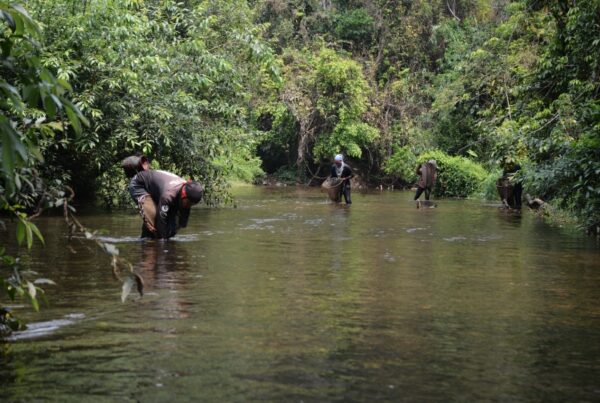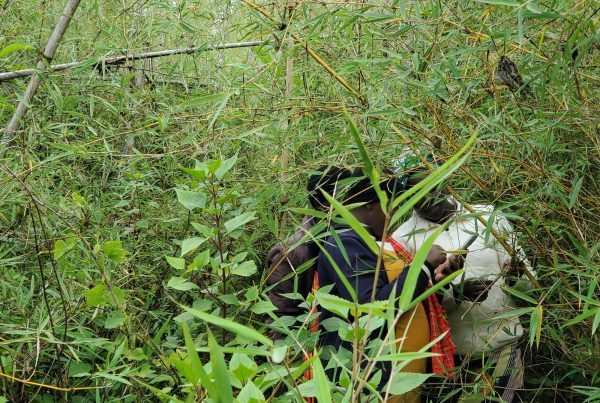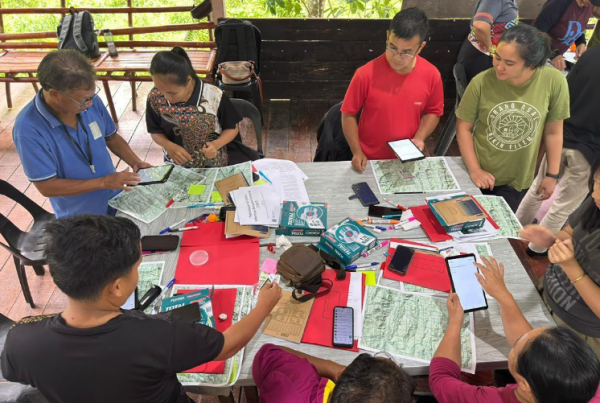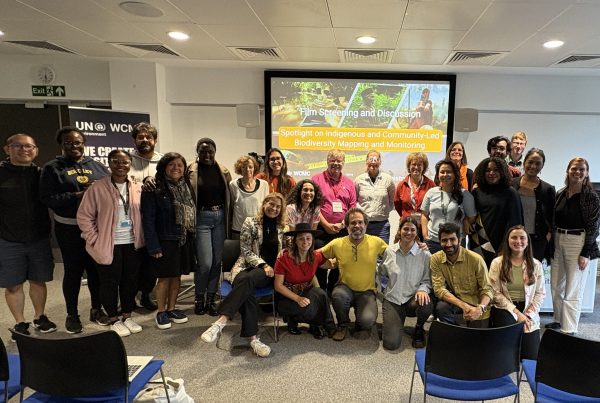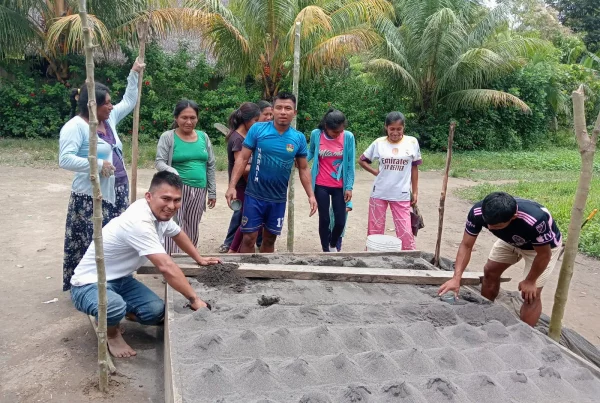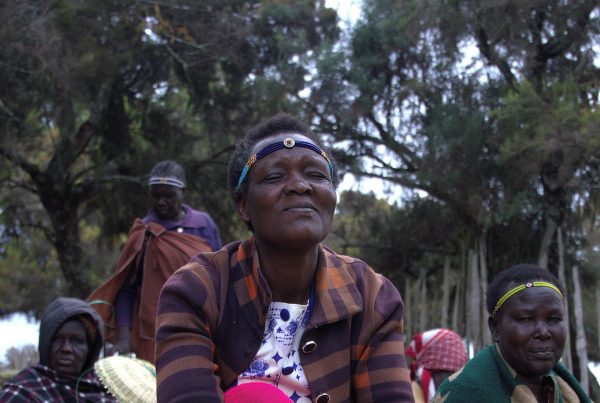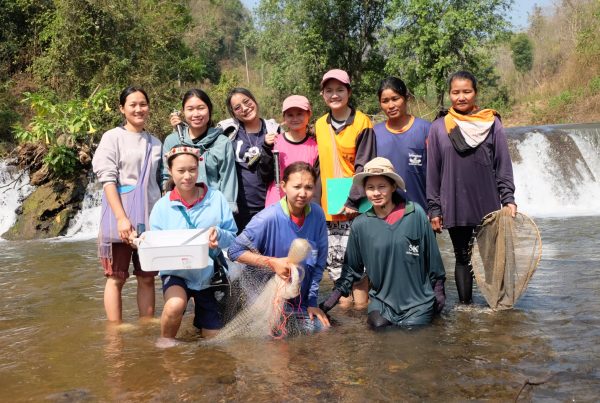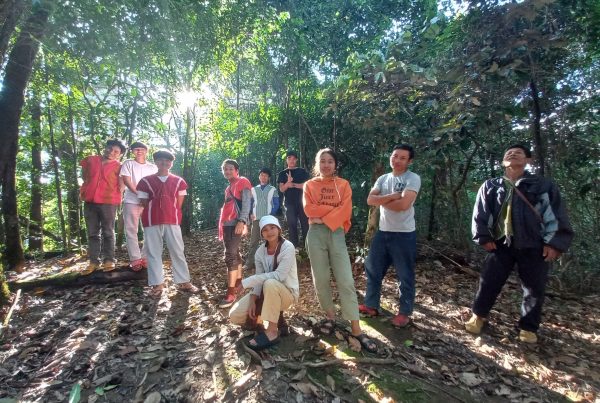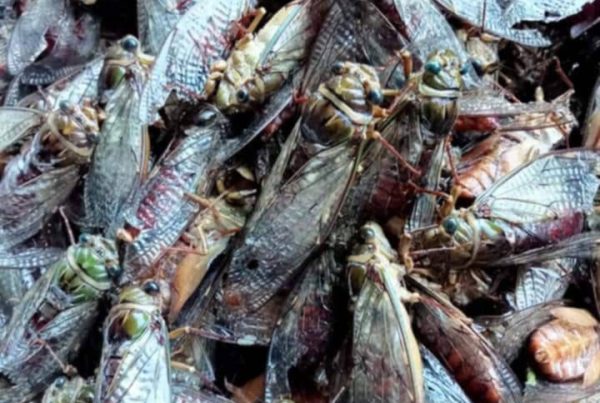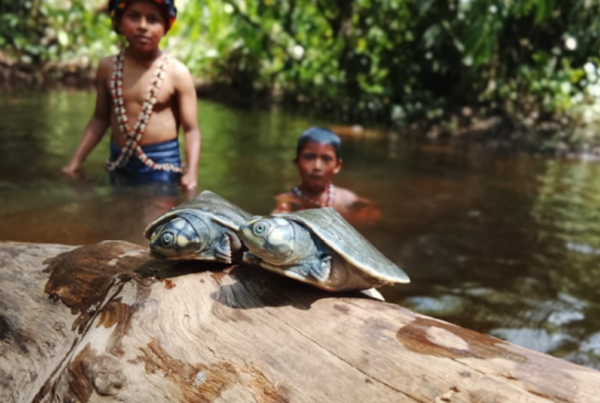
Introducing a New Resource for Community-led Monitoring of Freshwater Turtles
By Dr. Albana Berberi of Carleton University, joint blog post with the Interdisciplinary Centre for Conservation Science and Forest Peoples Programme.As adverse human impacts are driving rapid wildlife declines, monitoring vulnerable species is important now more than ever. Many freshwater turtles fall into this vulnerable…
